The Supreme Court on Friday has restrained the seven sitting PCO judges from passing judicial orders..
During a hearing of the PCO judges’ case, the apex court ruled that orders issued by them will have no constitutional standing. Their orders will have no legal or binding effect on the court or any other functionary of the country. Their names are Justice Syed Zahid Hussain of the Supreme Court, Justice Hamid Ali Shah, Justice Hasnat Ahmad Khan, Justice Shabbar Raza Rizvi, Justice Yasmin Abbasey, Justice Jahanzaib Rahim and Justice Sajjad Hussain of the high courts. PCO judges will be formally indicted for contempt of court on February 21. The bench observed that it will take necessary steps to safeguard the country’s judicial system.
A seven-member larger bench headed by Chief Justice Iftikhar Muhammad Chaudhary heard the intra court appeals filed by Justices Shabbar Raza Rizvi and Hasnat Ahmad Khan of the Lahore High Court (LHC) against the February 2 verdict against judges who took oath under the PCO in violation of the Supreme Court’s restraining order of November 3, 2007.
Dr Abdul Basit, the counsel for Justice Hasnat Khan and Justice Rizvi, asked if there was any judge in the Supreme Court who had not taken oath under the PCO.
“Several judges took oath under the PCO multiple times, but the verdict against it came just once,” the Chief justice remarked. “The law will now reign supreme.”
Dr Basit said that they had been giving evidence for the past three months which had not been accepted by the larger bench.
A case may be registered against a judge in pursuance of Article 209 of the Constitution. A contempt of court indictment will set undesirable precedents. “If the generals are not summoned by the court, its reputation will be forever tainted.” Dr Basit requested the apex court to summon former army chief Pervez Musharraf for imposing emergency.
Had the SC had not suspended the emergency of November 3, 15 judges of the LHC would have, revealed Justice Saqib Nisar.
Regarding the show cause notice issued by Justice Rahim, the apex court in its order stated that the persons whose cases are pending before the four-member bench are making attempts to undermine the authority of the judges of the Supreme Court, particularly the members of the bench.
The discharged chief justice of the Peshawar High Court (PHC), Jahanzeb Rahim had summoned the four sitting judges of the Supreme Court, claiming that the high court is not subordinate to the Supreme Court. His order has been set aside by the PHC.
To preserve and protect the dignity and respect of the members of the bench as well as other justices and in order to ensure that the system of administration of justice and honour of the judiciary is preserved, states the apex court’s order, PCO judges have been barred from issuing orders. The case was adjourned till Monday.
Published in The Express Tribune, February 19th, 2011.
1735374867-0/Untitled-(6)1735374867-0-405x300.webp)
1735372359-0/Untitled-(5)1735372359-0-165x106.webp)
1735368609-0/Untitled-(4)1735368609-0-165x106.webp)
1735365305-0/Untitled-(3)1735365305-0-165x106.webp)
1735363887-0/Untitled-(2)1735363887-0-165x106.webp)
1735368727-0/Untitled-design-(71)1735368727-0-270x192.webp)
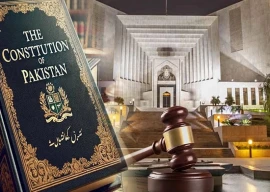
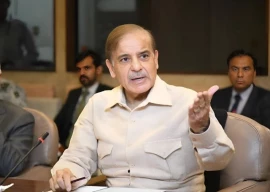



1735283394-0/sidra--(9)1735283394-0-270x192.webp)
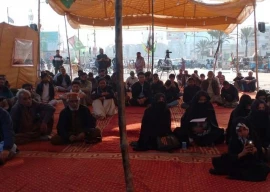

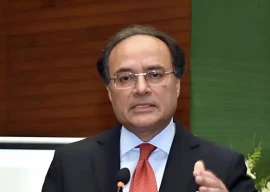
1720030784-0/Smog-free-Lahore-(14)1720030784-0-270x192.webp)
1733421998-0/New-Project-(1)1733421998-0-270x192.webp)

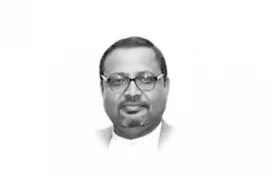




COMMENTS (10)
Comments are moderated and generally will be posted if they are on-topic and not abusive.
For more information, please see our Comments FAQ